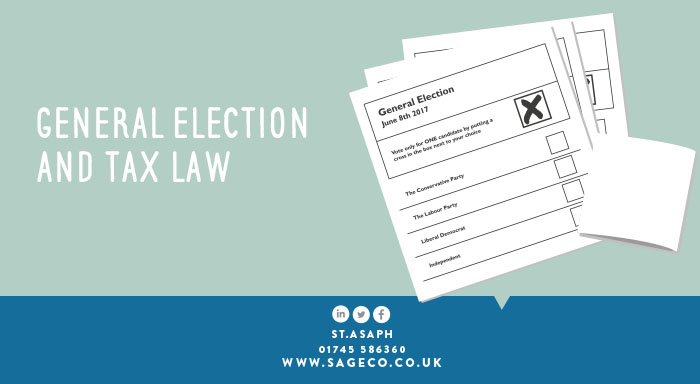
May 15
General Election and tax law | Business response to General Election
General Election and tax law
With the announcement of a snap General Election on 8 June the time available for scrutinising proposed legislation was short so the Finance Act was rushed through Parliament. Many clauses have not made it to the final legislation due to time constraints. These include the provisions to enable Making Tax Digital, changes for Non Domiciled individuals and corporate losses.
The clauses are likely to be reinstated after the General Election, when, hopefully, there will be more time to debate the measures in greater detail. The clauses that will make it through to the Finance Act are contained in the version of the Finance Bill introduced into the House of Lords.
Anita Monteith, tax manager at ICAEW said:
‘Making Tax Digital plans remain controversial and need more scrutiny by those who will be affected, and most importantly proper parliamentary debate – a clear roadmap as to how MTD will work in practice is needed.’
‘MTD is not coming into effect until April 2018, and the announcement of the general election on 8 June 2017 provided an opportunity to withdraw these clauses and schedule from the Finance Bill which will be debated today and likely to be enacted on 27 April.’
‘These seminal clauses and schedule can be reintroduced after the election which will allow more time for proper scrutiny.’
Business response to General Election on 8 June
In response to the announcement of a General Election on 8 June Carolyn Fairbairn, CBI Director-General, said:
‘With a snap General Election now called, businesses will be looking to each political party to set out their plans to support economic stability and prosperity over the next Parliament in a way that is fair and sustainable for communities across the UK. ‘Distraction from the urgent priorities of seeking the best EU deal and improving UK productivity must be kept to a minimum.’
‘Firms will want to hear commitments from all parties to work in close partnership with business and back a new Industrial Strategy to make the UK economy the most competitive in the world by 2030.’
‘It is essential to get the UK’s foundations right, from building a skills base for the next generation, to investing in infrastructure, energy and delivering a pro-enterprise tax environment.’
‘As EU negotiations now get underway, firms are clear about the serious risks of failing to secure a deal and falling into World Trade Organisation rules. It is vital that negotiators secure some early wins and all parties should commit to working to ensure businesses can continue to trade easily with our EU neighbours, while seeking new opportunities around the world.’
‘Whoever forms the next Government, they should seek to build a partnership between business and government that is the best in the world, based on trust and shared interest.’




